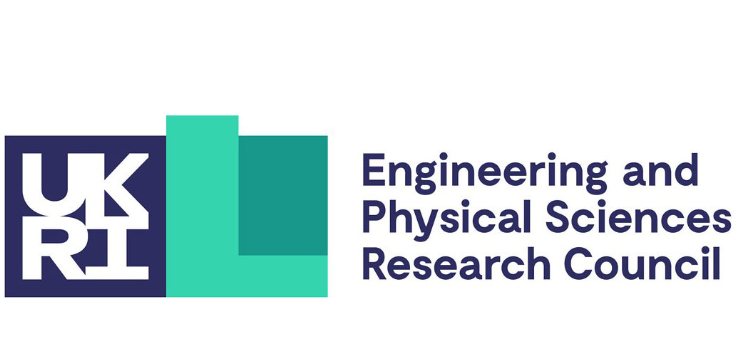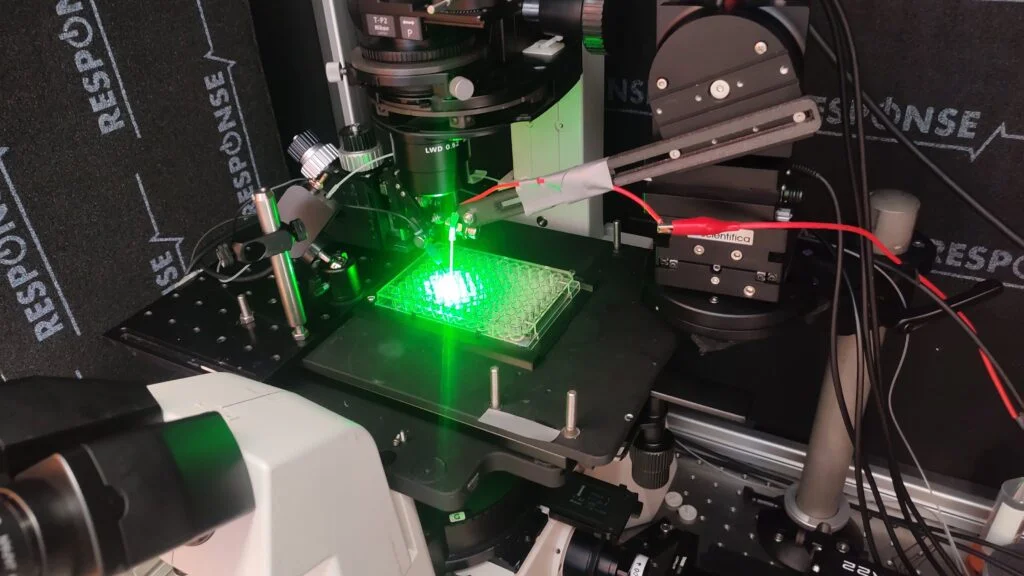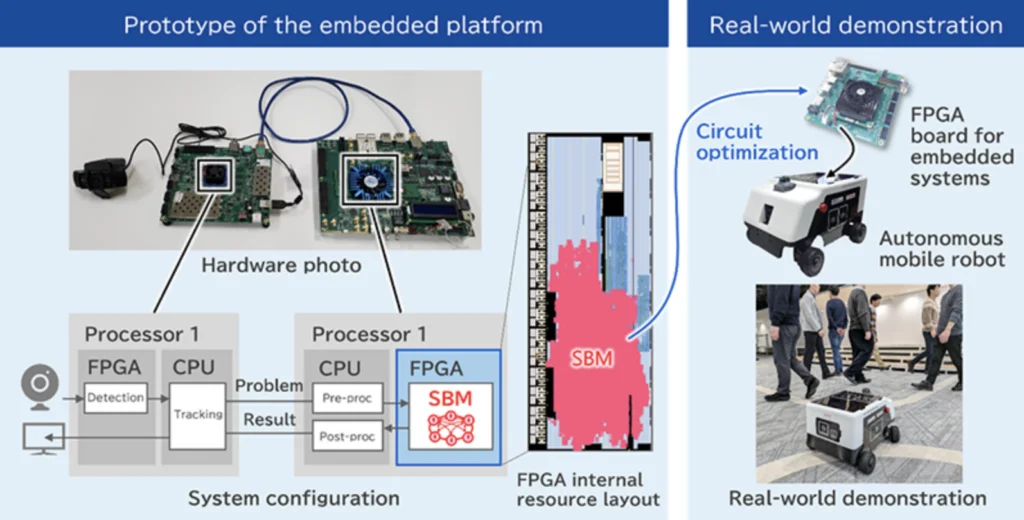Insider Brief
- A new research project named COSMOS, funded by the Engineering and Physical Sciences Research Council and led by UCL in collaboration with the University of Warwick and other institutions aims to develop a universal software framework for quantum dynamics simulations.
- This initiative is set to remove the barriers posed by the current individualized approach of research groups using their own custom-made software, making it difficult to share improvements and ideas across different teams.
- The universal software will facilitate a broader range of scientists globally in using computer simulations to delve into the quantum world more efficiently.
UNIVERSITY RESEARCH NEWS — Warwick, UK/October 27, 2023 — For the first time, scientists will develop a universal software framework for simulations, removing many barriers that exist to achieving a deeper understanding across the quantum world.
Scientists use powerful sources of light to study tiny particles, atoms and molecules that make up the matter around us — known as the quantum domain. These experiments can be used to answer important questions about how particles behave in chemical reactions, material properties, and new quantum technologies.
To understand the results of the experiments, computer simulations are crucial. The computer-generated virtual model shows how these tiny particles move according to the rules of quantum physics. Using newly developed quantum simulations, researchers better predict and understand what’s happening to molecules during experiments.

The problem is that most research groups use their own custom-made software for their studies. This individual approach means it is difficult for scientists to use ideas from one group to improve the methods of another group.
To address this, a new research project called COSMOS, funded by the Engineering and Physical Sciences Research Council (ESPRC), led by UCL and including researchers at The University of Warwick, will develop a unified code for quantum dynamics simulations suitable for use by both computational and experimental researchers.
This universal software will enable a wider group of scientists worldwide to use computer simulations to explore the quantum world more efficiently, and it will aid researchers across a broad range of research areas to understand state-of-the art experiments and exploit quantum effects by designing new molecules and materials.
Professor Scott Habershon, Department of Chemistry, University of Warwick, a Principal Investigator for the research, said: “Many important new technologies — like quantum computing and artificial photosynthesis (creating sustainable energy from sunlight) — are based on understanding and controlling the dynamics of electrons, atoms and molecules. Computer modelling of these quantum processes has always been very challenging — but this exciting new project will allow our team to develop new ideas and new software to meet this challenge head-on.”
Lead researcher Professor Graham Worth, UCL, added: “I am very excited to be heading this international team. The project will be a big challenge and I am looking forward to seeing how we can combine our knowledge and ideas to provide a step-change in the way we can describe, visualise and exploit quantum processes.”
By supporting a large, yet integrated cohort of early-career researchers, this programme grant will provide an enormous acceleration to developments in the quantum domain, positioning the UK as a global leader in this domain as we move from the era of classical computation and simulation into the quantum era of the coming decades.
Other Principal Investigators on the project are Dr. Basile Curchod (University of Bristol), Professor Adam Kirrander (University of Oxford), Professor Tom Penfold (Newcastle University) and Professor Dmitry Shalashilin (University of Leeds).
Notes to Editors
Details of the grant A Universal Approach for Solving Real-World Problems Using Quantum Dynamics: Coherent States for Molecular Simulations (COSMOS) (ukri.org)
EPSRC website Engineering and Physical Sciences Research Council (EPSRC) — UKRIhttps://iris.ucl.ac.uk/iris/browse/profile?upi=GWORT12
Professor Scott Habershon https://warwick.ac.uk/fac/sci/chemistry/staff/scotthabershon/
Image
Image credit: Munro Passmore
Additional quotes
Professor Andrew Orr-Ewing, University of Bristol, commented: “New advances of the type offered by the COSMOS project are essential for the detailed interpretation of experimental data from ultrafast spectroscopy studies of photochemical processes important in the Earth’s atmosphere or in biological systems.
“The COSMOS code will transform how we obtain new insights from our experimental results, and it will allow us to study ever more complex photochemical processes.”
Media contact
University of Warwick press office contact:
Annie Slinn
Communications Officer | Press & Media Relations | University of Warwick Email: annie.slinn@warwick.ac.uk Phone: 07876876934
For more market insights, check out our latest quantum computing news here.















